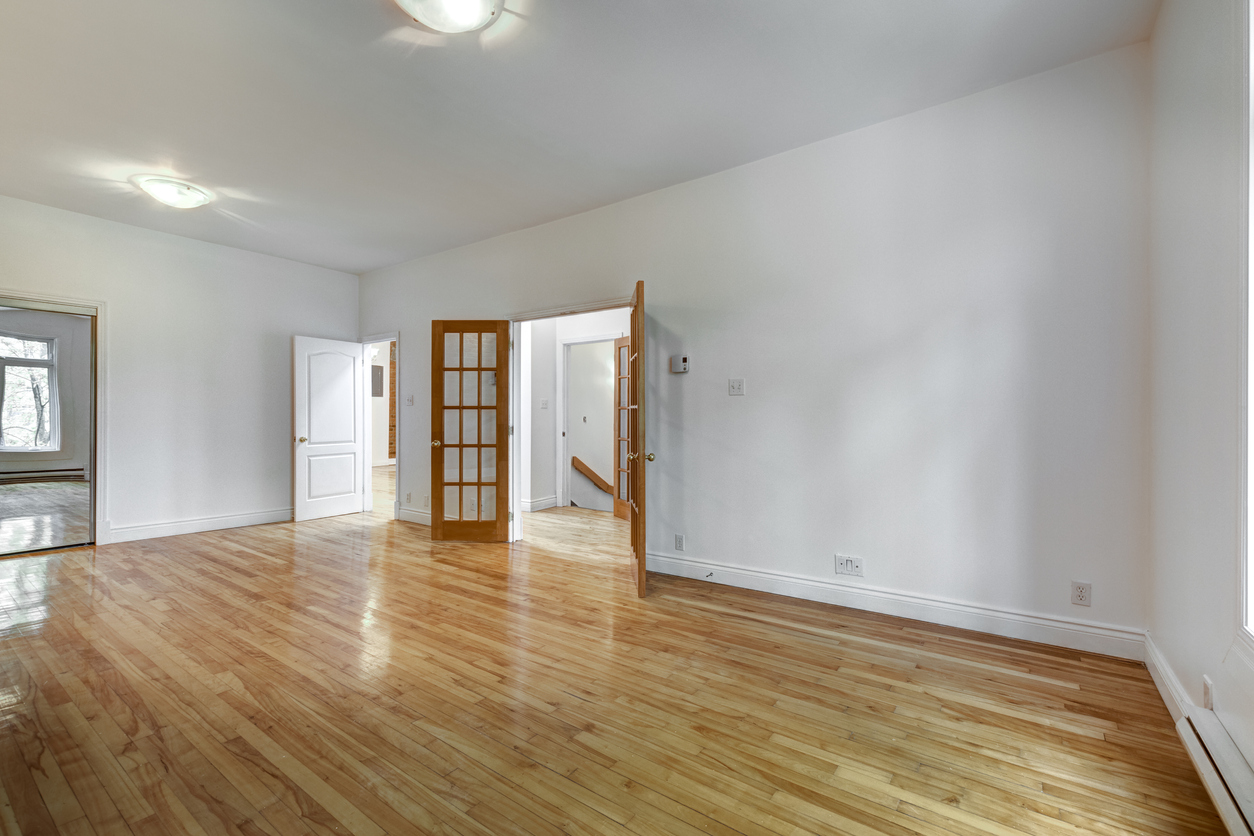Earlier this summer, the government’s Underused Housing Tax Act (UHTA) received Royal Assent. The Act is retroactive to January 1, 2022 and will impact 2022 tax filings for many registered owners of properties that are considered to be vacant or underused.
What Types of Property are Included in the UHT?
The types of residential property covered by the Underused Housing Tax (UHT) include detached homes, detached homes comprised of up to three units, semi-detached homes, row houses and condominiums.
Who is Impacted and who is Excluded from Filing?
The legal owners of residential property that will be impacted by the UHT includes private corporations, partnerships and trusts, as well as individuals owning residential homes in Canada that are not citizens or permanent residents of Canada.
Canadian citizens and permanent residents are “excluded owners” for purposes of the Act. As “excluded owners”, they are not required to file a return and the tax does not apply to them. Other “excluded owners” include: companies listed on a public Canadian stock exchange; registered Canadian charities; Canadian cooperative housing corporations; hospital authorities; municipalities; public colleges; school authorities and universities; and Indigenous governing bodies.
Please note that Canadian trusts, corporations not listed on a Canadian stock exchange, and partnerships are not “excluded owners” and are subject to the Act.
Determining the Tax Payable and General Exemptions
UHT will apply to owners who are not “excluded owners”, except in certain circumstances, such as where there is an exemption. Exemptions include (non-exhaustive list) if the property is:
- used by the owner, their spouse, or child (while the child is studying at certain designated institutions) as their principal residence; or
- rented for more than 180 days in the year to an arm’s length person under a written agreement; or
- rented to a non-arm’s length person for “fair rent” as defined in the Act (5% of the taxable value of the property for the year or such amount as may be prescribed by regulation from time to time);
- owned by a Canadian corporation that is over 90% owned by Canadian citizens and permanent residents;
- owned by a Canadian partnership where each member is an excluded owner or specified Canadian corporation; or
- owned by a Canadian trust where each beneficiary is an excluded owner or specified Canadian corporation.
The UHT on a vacant or underused residential property will be 1% of the taxable value of the home, or 1% of its most recent sale price, whichever is greater. Owners can also choose to file an election between January 1st and April 30th of the following calendar year to use the Fair Market Value (FMV) of the property to determine the UHT tax owing, if they obtain an appraisal. If a property is owned by more than one person, each owner will be responsible for the UHT based on their ownership stake in the home.
UHT Filing Requirements & Penalties
Owners of residential property impacted by UHT will need to file an annual return by April 30th of the following calendar year. Failure to file the return by this date could result in a penalty of at least $5,000 for individuals and $10,000 otherwise, even if no UHT is owing. This means that an owner’s first return, in respect to a residential property for the calendar year 2022, would be due on or before April 30th, 2023. However, CRA is making an exception for 2022 filings where no penalty or interest will be applied if the return is filed or the UHT is paid by October 31, 2023.
If an owner qualifies for an exemption, but is not an excluded owner, the return still has to be filed and penalties still apply. This is true even if the calculated tax is nil due to the exemption, so filing a return will be crucial.
Other Properties Excluded from UHT
Vacation properties located in rural areas are exempt from the UHT if they are used for personal use by the owner (or the owner’s spouse or common-law partner) for at least four weeks per year, or if it is not suitable or accessible for year-round occupancy.
Residential properties that are uninhabitable for at least 120 consecutive days in the calendar year due to renovations will also be exempt.
Residential properties vacant due to the death of the owner during the calendar year or the previous calendar year will also be exempt.
For more information on UHT, please contact Kody Wilson. CLICK HERE to review our guide to determining your filing obligations and tax exposure.







